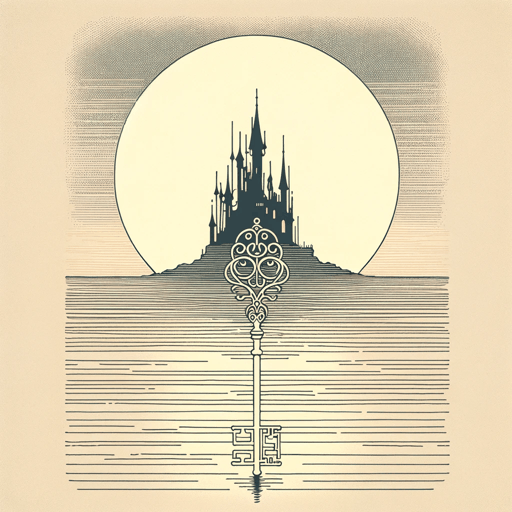27 pages • 54 minutes read
John PolidoriThe Vampyre
Fiction | Short Story | Adult | Published in 1819A modern alternative to SparkNotes and CliffsNotes, SuperSummary offers high-quality Study Guides with detailed chapter summaries and analysis of major themes, characters, and more.
Literary Devices
Melodrama
Gothic fiction is often melodramatic, featuring larger-than-life personalities and appeals to extreme displays of emotion. The melodrama of the Gothic is part of Romanticism’s pushback against the Enlightenment and rationality. In melodrama, the characters are flat and use greatly exaggerated dialogue for emotional appeal. The goal of melodrama is to elicit emotional reactions in the audience, such as horror and sadness. Melodrama often relies on sweeping themes about human nature, such as Polidori’s theme of Good Versus Evil.
Aubrey is an inherently melodramatic hero. He is supremely naïve and views the world through romantic storybooks and poetry. His view of the world is flat and melodramatic: Ruthven is a romantic hero, while Ianthe is the epitome of nature’s beauty and innocence. In The Vampyre, melodrama substitutes high emotional appeal for character development, allowing Polidori to keep the work highly condensed and fast-paced throughout its relatively simple plot.

